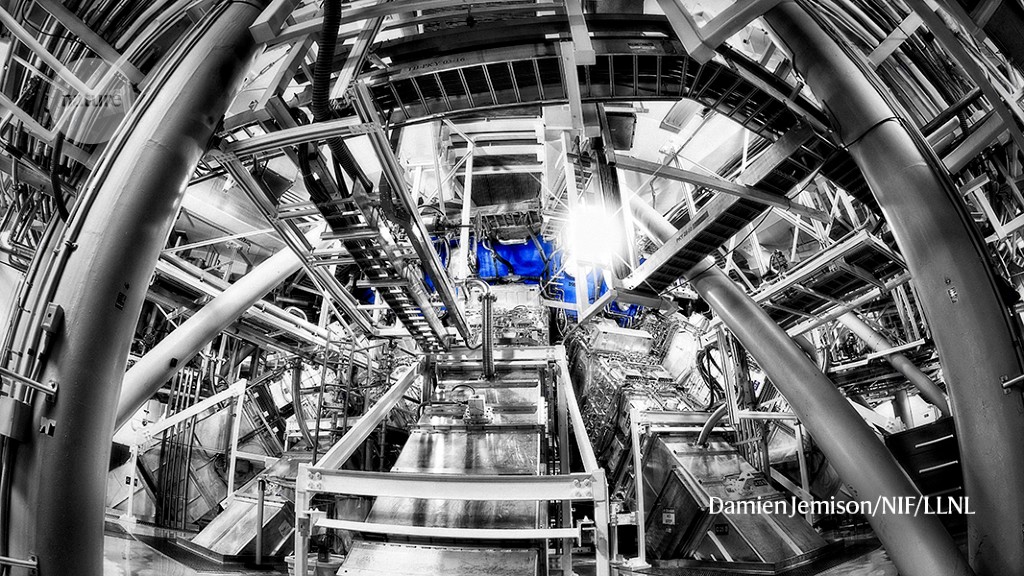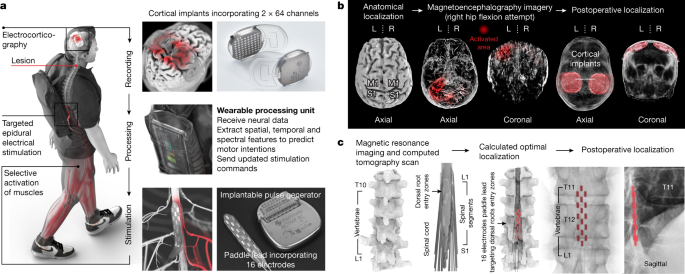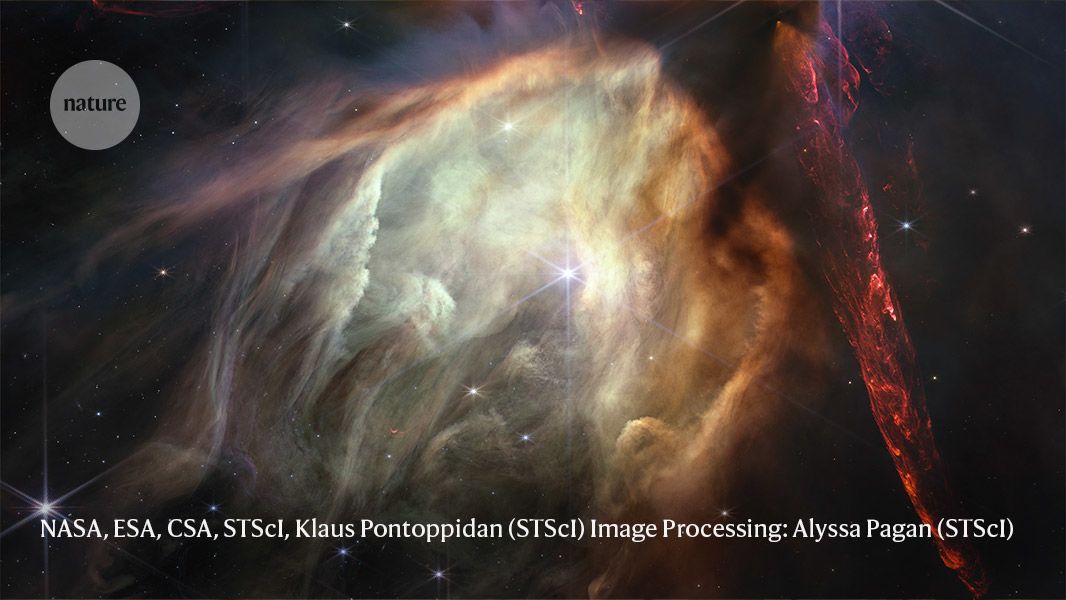- Science Simplified
- Posts
- This year in science
This year in science
Welcome to the last post of 2023! Thank you all so much for sticking with me while I figured out how to write Science Simplified each week. I’ve tried out several different formats, different ways of writing about the science, and many topics; it’s been great seeing what you all respond to.
I sent out a whopping 24,000 words that got 52,000 impressions. I’m excited to see what next year brings!
I won’t be sending anything out next week, but I’ll see you back on January 3rd for the first post of 2024.
For the last post of the year, I decided to do a recap of some of the biggest science discoveries of the year. Or at least, ones I liked.

One of the biggest surprises of 2023 was the emergence of a new category of weight loss drugs called GLP-1, that might even be effective. Weight loss drugs are typically fads and backed by next to nothing (looking at you “fat burner” pills from highschool).
GLP-1 therapies didn’t start off with obesity in mind. They began as a way to lower blood sugar levels in diabetic patients in the 80s and 90s. However, during this research, scientists noticed that GLP-1 caused mice to eat less.
It’s still a bit too early to call GLP-1s a glowing success, at least in my opinion. They’ve proven to be effective at generating weight loss and reducing obesity-related conditions (heart attacks, strokes, etc), but still have some side effects and other kinks to work out.
As the linked article put it:
these GLP-1 receptor agonists induce significant weight loss, with mostly manageable side effects.
Check out the linked article for a great write up and other science stories from this year.
AI is here in all it’s glory and shame whether we’re ready to use it or not. Despite your best efforts, you’ve heard of ChatGPT and probably even tried it out.
It might surprise you, but artificial intelligence bots have been around for a long time. They’re heavily used in research and private platforms have existed at companies for a while now.
So why the sudden rise to prominence this year? How did AI go from a sci-fi movie concept to rewriting your work emails to be a tad-bit more aggressive, but in a professional way?
Besides the fact that people got bored of NFTs and the “metaverse”, the main reason is simple; the company OpenAI made it easy for people with no coding experience to use AI for practical purposes.
With the release of ChatGPT, you needed to know 0 coding to use AI. Before that, almost the only option was to literally build and train your own AI system, which as you might guess isn’t exactly easy. With ChatGPT, you just type in whatever output you want into a relatively nice UI and get back the results.
AI is becoming an ever larger presence in science in addition to everyday life. Despite how badly I wish it were true for myself, being a scientist doesn’t automatically give you coding skills. Being able to easily implement AI into science without a coding background will be transformative over the next few years.
Nuclear fusion is the process of combining atoms and harnessing the energy the combination gives off. One of the major problems: getting more energy out than you put in. Last year, a US lab pulled it off.
And even more exciting? They did it ~5 more times throughout 2023.
What’s next? Getting more energy out for less in, of course. Read the links to get a closer look.
I came across this post and thought it was a nice way to highlight the people behind the science. I’m guilty of just writing “the scientists” or “the authors” and giving no further info on who they actually are.
So, here are some of the people who drove the most innovative research of the year.
Check out my previous post on this one here. Brain-computer interfaces are getting better and better, potentially giving us a cure for spinal cord injuries without having to cure them at all.
That’s it for this year!
Bonus content:
See you next year for more science,
Neil


If you liked this post and want to keep getting cool science delivered to you, sign up for free:






Reply